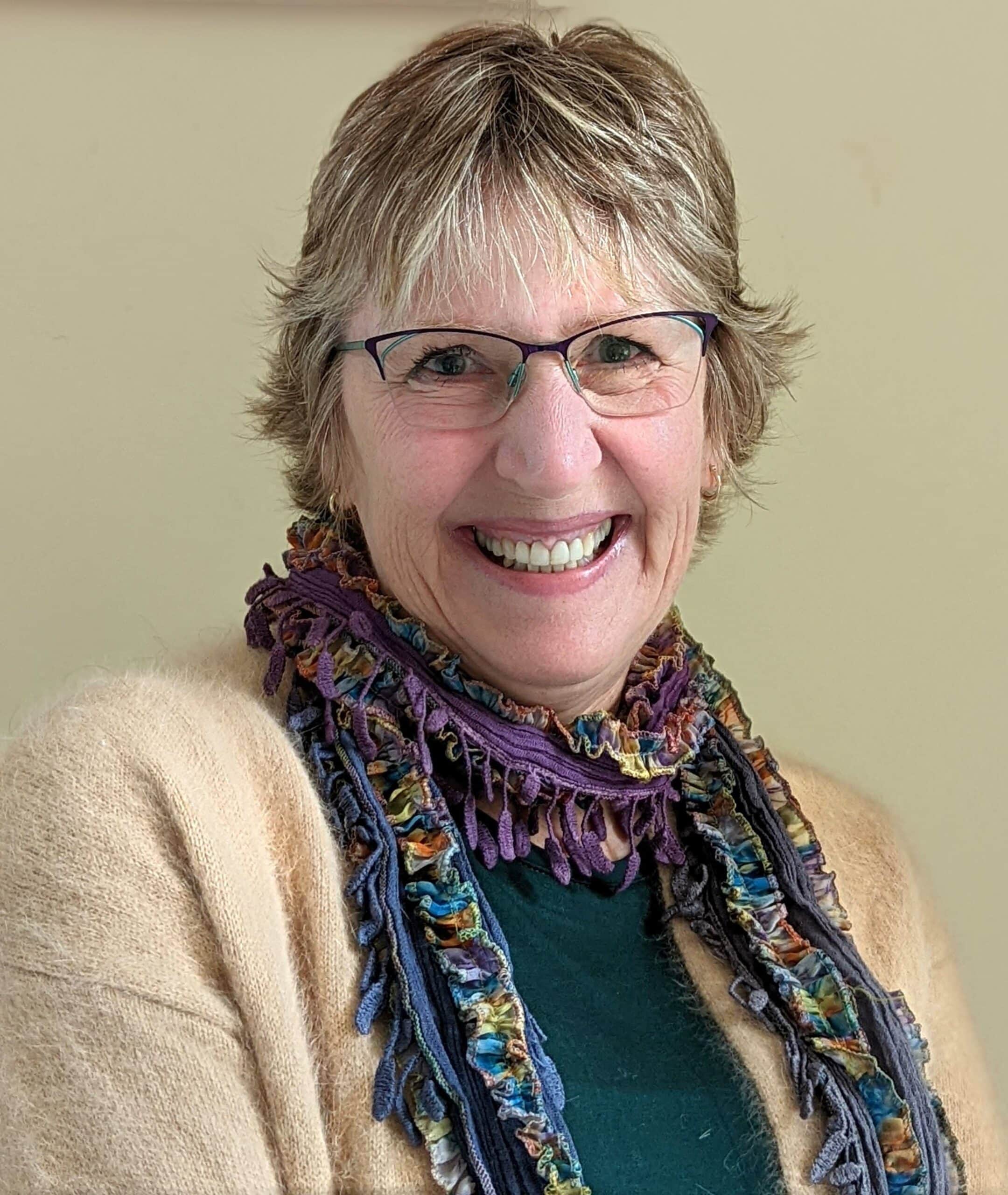 I have been curious about why people do what they do for as long as I can remember and as a young adult I studied psychology to make sense of my own life and family. Early life experiences allowed me to witness how untreated mental health issues and trauma can influence life choices, interfere with the ability to develop feelings of self-worth, undermine the ability to sustain healthy, fulfilling relationships, and sabotage efforts to break self-destructive patterns. Through my personal journey of self-exploration and professional training I came to recognize that healing is possible and a more rewarding, joyful life is within reach for anyone willing to reach out for support to explore life patterns and learn new coping skills and new ways of being.
I have been curious about why people do what they do for as long as I can remember and as a young adult I studied psychology to make sense of my own life and family. Early life experiences allowed me to witness how untreated mental health issues and trauma can influence life choices, interfere with the ability to develop feelings of self-worth, undermine the ability to sustain healthy, fulfilling relationships, and sabotage efforts to break self-destructive patterns. Through my personal journey of self-exploration and professional training I came to recognize that healing is possible and a more rewarding, joyful life is within reach for anyone willing to reach out for support to explore life patterns and learn new coping skills and new ways of being.
I have worked as a counsellor for 20 + years in both outpatient and residential settings for adults seeking mental health and substance use treatment. Often people turn to substance misuse, and other behavioral addictions (disordered eating, gambling, sex, etc.) to cope with underlying issues that have never been dealt with. Learning new ways to manage uncomfortable feelings, and addressing issues such as unresolved trauma/PTSD, grief, mental health issues, family/relationship dynamics is necessary to overcome addiction and other self-destructive behaviours.
Approach
A safe and trusting relationship is critical in counselling and my role as a counsellor is to provide a non-judgmental space where it is safe to express feelings and explore whatever the issues are that led to reaching out for counselling. I work with clients to identify goals for therapy and to explore barriers and roadblocks to achieving those goals. I help clients identify their strengths and draw on those strengths as they gain self-awareness, and learn new coping skills.
Each client is unique and what is helpful for one person may not be helpful for another. Working from a client centred, holistic, strength based, trauma informed perspective I have an integrated approach which draws from several therapeutic models including humanistic, cognitive-behavioral, psychodynamic, solution focused and compassion focused therapies.
My approach to working with couples draws on a developmental model which is based on attachment theory, neuroscience, and differentiation theory. I help couples identify places where they may be stuck, develop more acceptance of self and each other, and learn different ways of talking with, hearing each other and being together. Effective couples therapy is not about changing your partner, but about identifying ways that each person can change their part in the dynamic in order to develop more intimacy and connection.
Qualifications and training
- MA in Counselling Psychology, University of British Columbia
- Registered Clinical Counsellor, #1248
- A Developmental Approach to Couples Therapy, The Couples Institute
- Addiction Counselling Training Certificate (ACT), Ministry of Health
- Adult Survivors of Sexual Abuse Intervention Certificate Program, Justice Institute of B.C.
- Trauma Informed Practice, Provincial Health Services Authority
- Indigenous Cultural Competency, Provincial Health Services Authority
- Foundations of Collaborative Conflict Resolution, Justice Institute of B.C.
- DBT Skills Training, Behavioral Tech (Linehan Institute)

